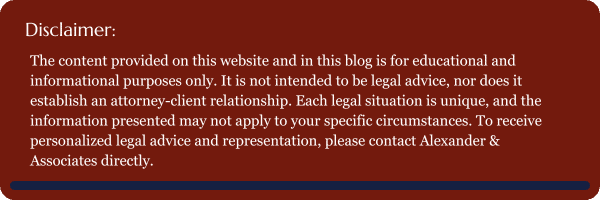Have you ever gotten caught up in someone else’s drama overshared on social media? People frequently share too much online without considering the potential consequences.
This could involve posting about an ex on Facebook or recording themselves sharing personal information. People should be more cautious about what they share on the internet to avoid negative outcomes. It’s important to think before posting anything personal or sensitive online.
Lawyers also check social media for evidence in criminal and family law cases, often finding incriminating information. There have been estimates that 1 in 3 divorce cases cite social media as evidence in the divorce.
Today, we will discuss common social media mistakes that people make during divorce. We will also talk about good social media habits to have during divorce. Additionally, we will answer some common questions about social media and divorce.
Common Types of Evidence Divorce Lawyers Find on Social Media
-
Financial Discrepancies – photographs of expensive valuables or properties that were not disclosed in financial disclosures, or evidence of extravagant purchases while making claims of financial hardship to avoid child support or alimony
-
Parenting Issues – posts suggesting neglectful behavior, such as partying excessively
-
Confessions of wrongdoing – posts where someone admits to behavior that could be seen as wrong, like using drugs.
-
Contradictions to claims made in court – anything that contradicts previous court statements about employment or living situations
-
Harassment or Abuse – posts containing harassment, threats, or other abusive behavior, including cyber bullying of ex-spouse or children
These are a few examples of the types of evidence lawyers find on social media. This evidence can impact the outcome of a case, especially in cases where custody is being discussed.
Social Media Best Practices During Divorce
We previously mentioned that sharing too much personal information can end up being used against you in court. It’s best to avoid social media during a divorce if you can. Whether or not you choose to disconnect, here are some best practices to help you stay safe online:
-
If you don’t entirely pause social media usage, limit your posting and always be cognisant of what you post
-
Change your passwords, and set up multi-factor authentication
-
Many people use the same password for multiple accounts. They also share passwords with their partner. Some people create passwords based on significant names, dates, or memories. However, all of these are a bad idea because they can make your social media passwords easy to guess
-
Multi-factor authentication makes it hard for someone to access your account, even if they guess the password right.
-
Change your account settings to private – this will limit who can see your profile
-
Ask your loved ones who use social media to avoid tagging you in any posts
-
Block and unfriend “friends” who might have ulterior motives
-
Avoid posting any feelings you may have about your ex, the divorce, the judicial officers, the lawyer, etc.
-
Avoid any emotionally charged posts regarding your kids
-
Avoid sharing posts from any large purchases or vacations
-
Avoid “Checking In” or sharing location online
Divorce and Social Media FAQs
What Should I Do if My Ex is Posting Negative Things About Me During our Divorce?
Document (ie screenshot) these social media posts and share them with your lawyer. Do not retaliate or engage in online disputes, as this can worsen the situation and reflect poorly on you.
Do courts allow the use of private messages as evidence?
Yes, courts can subpoena and use private messages as evidence. Always assume that someone could potentially make anything you write public. This remains true even if you delete the messages.
Should I Delete My Social Media Apps/ Social Media Accounts?
You should consider temporarily deactivating your accounts to prevent posting anything that could be used against you. However, make sure to consult your lawyer before deleting any accounts, as this action could be seen as destroying evidence.
In conclusion, going through a divorce is tough, and managing your social media can make it even more challenging. What you share online can significantly impact your case, affecting everything from asset division to child custody. By being mindful and following best practices, you can protect yourself and help ensure a more favorable outcome.
If you need help with social media during a divorce, Alexander & Associates can provide personalized guidance and support. Just reach out with any questions you have. Reach out to us today to schedule a consultation. We dedicate ourselves to supporting you every step of the way.




0 Comments